LOS ANGELES, April 27— Gypsy Rose Lee, the striptease artist, actress, and author, died of cancer last night at U.C.L.A. Medical Center. She was 56 years old.
Miss Lee is survived by her son, Erik Kirkland, the only child of her marriage to Alexander Kirkland, an actor who was her second husband; and a grandson, Christopher. She also leaves her sister, June Havoc, the actress, and her father, John 0. Hovick.
A memorial service will be held Wednesday at 10 A.M. at Pierce Brothers, Beverly Hills.
Sophistication and Panache By ALDEN WHITMAN
There were stripteasers and burlesque queens before Gypsy Rose Lee. But there were none described by the French as “une deshabilleuse,” and none for whom the cerebral H. L. Mencken coined the word “ecdysiast;” for Miss Lee added sophistication to the age‐old practice of stripping.
Sensuous and statuesque (she was 5 feet 9 inches tall and weighed 130 pounds), she eschewed the traditional crudities of burlesque. Instead of stripping perfunctorily, she divested herself of her garments (or virtually all of them) with a high degree of panache. She called it art, and few disputed her.
The art lay in her languorous method of disrobing—down to her G‐string. She dispensed with her clothing gracefully, a garment at a time. The final item was usually a garter, which she wafted into an audience of eager men and women to thunderous applause.
Candid about her stage personality, she once explained her strip‐teasing and its effect on the audience this way:
“I never try to stir up the animal in them. Did you ever, hold a piece of candy or a toy in front of a baby—just out of his reach. Notice how he laughs. That's your strip audience.”
Ran Literary Salon
After Miss Lee was introduced to New York in 1931 at the age of 17, she was taken up first by the Broadway set, dominated by Damon Runyon and Walter Winchell. Then, because she was a literate and pleasing person, writers and intellectuals who gathered around The New Yorker and Town & Country, took a shine to her. Becoming fashionable, she operated a salon in a 26‐ room house (it had seven baths and a marble living room floor) on East 63d Street.
Later she turned her versatile hand to writing and produced three well‐received books —“The G‐String Murders” (in the movies it was transposed into “Lady of Burlesque” “Mother Finds a Body” and “Gypsy, a memoir that became a successful Broadway musical starring Ethel Merman and a movie with Rosalind Russell.
“Gypsy,” praised by Abel Green of Variety as “a revealing close‐up of a trouper's early life and times,” demonstrated the author's wit as well as her ability to pen very human vignettes of show business personalities. The central personality in the memoir, which was conducted in 1937, was Miss Lee's mother. Her sister, June Havoc, was also featured.
Miss Lee also ventured into the movies with middling success. And when her respectability was firmly established, she appeared for several years as hostess on television's United States Steel Hour.
Trappings of Fame
Once Miss Lee had achieved fame, which in her case lasted for almost a quarter of a century, she insisted on all its perquisites. For example, when she played a club date in Las Vegas in 1956, she arrived in a specially built maroon and gray Rolls‐Royce. It disgorged 27 pieces of luggage, her 11‐ year‐old son, five Siamese cats, a guinea pig, two turtles in a fishbowl and a net shopping bag filled with oranges, jelly beans, cat food, dried bugs for the turtles, graham crackers, and magazines. Her trunks had preceded her.
Rose Louise Hovick, as Miss Lee was originally known, was born in Seattle, Wash., on Jan. 9, 1914. Her sister June, who achieved stage prominence as June Havoc, was born two years later; and shortly afterward their parents separated.
When Rose was 4, the mother took her daughters to Holly wood and formed a children's act that played independent vaudeville houses and later toured on the Keith‐Orpheum circuit. Rose in those years was a pudgy, lonely girl who found solace between one‐night stands in reading Shakespeare.
At 15, Miss Lee encountered Tessie the Tassel‐Twirler at Kansas City's old Missouri Theater and was offered a burlesque turn. “I was tired of starving,” Miss Lee said, “so I grabbed it.”
Tessie instructed Miss Lee in the art of stripping, telling her:
“In burlesque, you've got to leave 'em hungry for more. You don't dump the whole roast on the platter.”
Billy Minsky, the burlesque impresario, introduced Miss Lee (she then used the name Rose Louise) to New York on April 1, 1931, at the Republic Theater on 42d Street. Aided by a fortuitous arrest, which got her picture on the front pages of the tabloids, Miss Lee scored a hit.
Then Florenz Ziegfeld offered her a bit in “Hotcha,” which placed her on the legitimate stage. Later she was a showgirl in the “Follies,” (where she used the name Gypsy Rose Lee for the first time) then in George White's “Scandals” and at Billy Rose's Casino de Paree. At the. World's Fair here in 1939‐40 she was a hit in “The Streets of Paris.”
Starting in 1937 Miss Lee retired from stripping, only to make dozens of “final” appearances. “I always go where the dough is,” she remarked.
Because strippers were allegedly unfit for movie parts, Miss Lee made her film debut in 1938 as Louise Hovick. The disguise was thin enough for The New York Times reviewer to say that it was “the first time a strip‐tease artist has appeared before her public without revealing anything, not even her ability.”
Miss Lee was married three times—first to Arnold R. Mizzy, a manufacturer, in 1937. After a divorce, she was married to Alexander Kirkland, actor and producer, in 1942. That marriage ended in divorce, and Miss Lee was wed to Julio de Diego, an artist, in 1948. They were divorced in 1955.
In recent years Miss Lee lived alone in a 17‐room house in Beverly Hills, with frequent trips to Europe. She was the hostess of a syndicated talk show and was a frequent guest on late‐night television. She enjoyed being a doting grandmother.
Also, from time to time she issued admonitory statements about theatrical nudity, of which she strongly disapproved.
“Bare flesh bores men,” she warned.
ADVERTISEMENT
BY
Looking for more information?
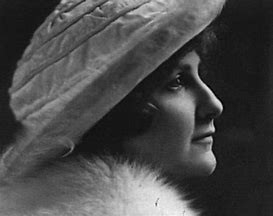
 Amanda S. Stevenson
Amanda S. Stevenson 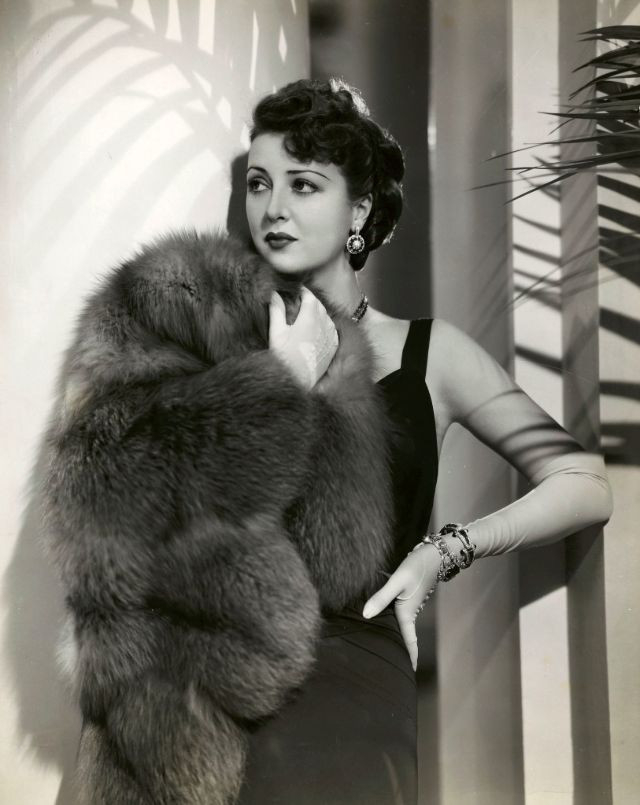
 Amanda S. Stevenson
Amanda S. Stevenson 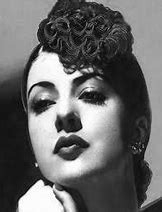
 Amanda S. Stevenson
Amanda S. Stevenson 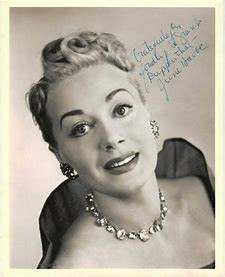
 Amanda S. Stevenson
Amanda S. Stevenson 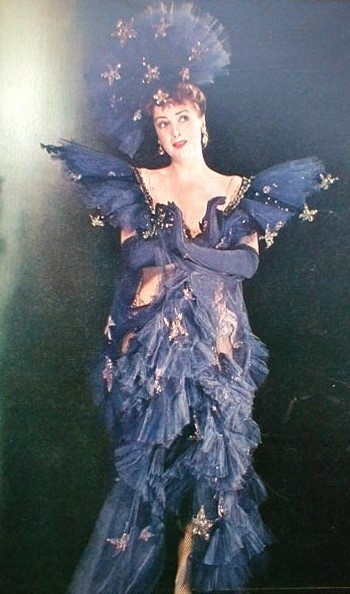
 Kathy Pinna
Kathy Pinna 